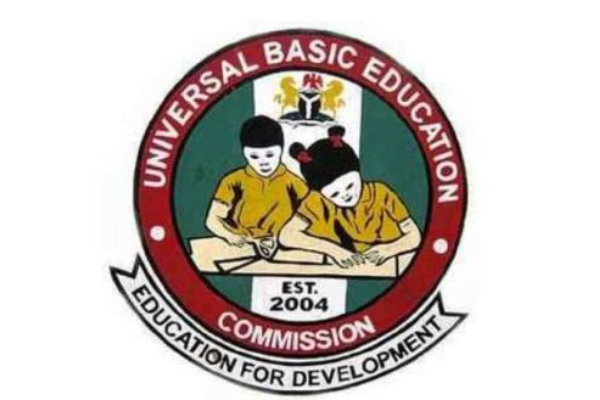The Universal Basic Education Commission (UBEC) says it is ready to implement a new framework to address shortcomings in the distribution and accessibility of Federal Government counterpart financing for the Universal Basic Education (UBE) program across the country.
Aisha Garba, Executive Secretary of the Commission, stated this during an interactive workshop on the New Templates for the preparation of work plans to access UBE Intervention Funds, which was held in Abuja with Chairmen of State Universal Basic Education Boards and Desk officers from 36 states of the Federation and the Federal Capital Territory.
The Commission says that the new template will eliminate some of the obstacles and loopholes related to State Governments’ access to the intervention funds, which frequently result in billions of dollars of untapped cash, when it is examined and validated further at the workshop.
The head of UBEC pointed out that in order to guarantee better access and high-quality education delivery in the States and the FCT, the Federal Government, acting through the Commission, lately had to realign the delivery of basic education in accordance with four strategic pillars.
Read Also
According to her, the pillars are:” Expanding access to UBE especially for rural and underserved population; Enhancing Quality of teaching and learning nationwide; Strengthening accountability and effective use of basic education finances and Optimising monitoring and institutional system for quality service delivery.”
“Accordingly, the Hope Education Project of the present administration is a performance for Reward project for States that apply their resources for education judiciously, especially in achieving the four pillars.
“Consequently, this has necessitated the need to develop new templates that will enable SUBEBS to prepare work plans for accessing the UBE Intervention Funds in line with the four pillars as well as implementation of the New Hope Projects.”
The Deputy Executive Secretary, General Services of the Commission, Tunde Ajibulu, while giving the welcome address, said the realignment of the delivery of basic education necessitated the need to come up with new templates for the access of UBE intervention funds.





